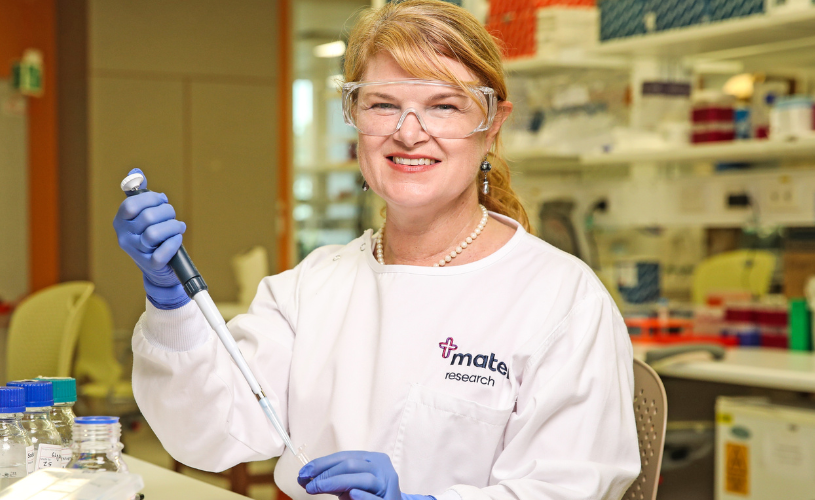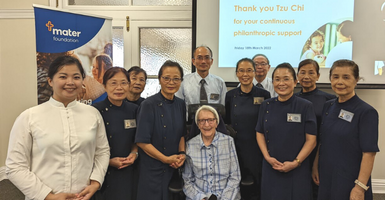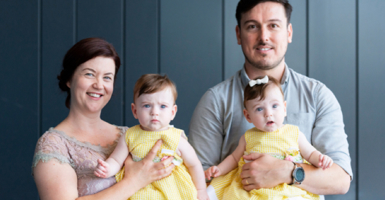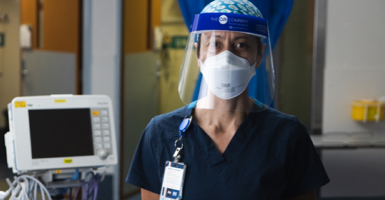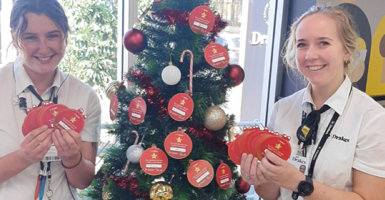Supporting Mater Research
Mater is proud to be an inaugural partner in the Equity Trustees’ Medical Research and Health Partnership Program. The unique support offered to Mater by charitable trusts—managed by Equity Trustees—is making a difference like never before by supporting medical research.
Mater Research and Mater Foundation look forward to continuing to progress impactful research and career initiatives in partnership with Equity Trustees. We remain committed to honouring the overarching philosophy which formed the core values of the partnership with Equity Trustees; supporting emerging researchers, combatting gender inequity and supporting high impact cancer research.
Since the partnership began, the Equity Trustees’ Medical Research and Health Partner Program has been a key enabler for Mater Research to produce high quality results in:
- Delivering impactful outcomes in research aligned to areas of unmet community need;
- Capacity building for future leaders, through recruitment and retention of research staff, particularly early career researchers and emerging leaders; and
- Closing the gender equity gap.
In the three years supported by this funding, Mater used linkages initiated through Equity Trustees to deliver on the intent behind the program.
We sincerely thank Equity Trustees and their philanthropic trusts for supporting vital medical research at Mater and for its commitment to improving the lives of so many Australians.
We look forward to sharing the exciting research outcomes that will be uncovered over the next few years thanks to Equity Trustees’ investment.
As part of the Equity Trustees and Mater partnership, the following Mater researchers have been awarded funding in year four of the grant:
-
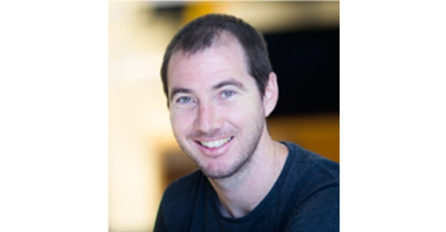
Mr Kaltin Ferguson
Kaltin Ferguson is a laboratory and biobank manager with 20 years’ experience in the academic biomedical research sector. With a passion for biospecimens research and patient focused care, Kaltin has been responsible for the management of several bioresources within the field of women’s cancer research. In his current role as Pathology and Clinical Coordinator for Mater Research he is responsible for Biobanking in Breast and Gynaecological cancers. In his previous role, under esteemed breast pathologist and Pathology QLD Executive Director, Professor Sunil Lakhani, Kaltin helped grow the Brisbane Breast Bank into Australia’s largest repository of breast cancer patient-derived blood, tumour and associated normal tissues. He has been involved across all aspects of the biobank operation, including the conception of new research projects, human research ethics and site-specific regulatory approvals (programmatic and sub-projects), public health approval to access patient data, and regular queries to assemble sub-cohorts according to study criteria.
-
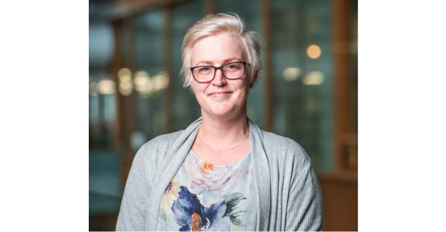
Dr Jodi Saunus
RD Hingeley Trust Mid-Career Research Fellow. Dr Jodi Saunus has been recruited by Mater Research to drive capacity and capability in Women’s Cancer Research at Mater, with expertise in familial and/or triple negative breast cancer. This appointment is a strategic opportunity to accelerate outcomes in this area at Mater, aligning with an area of exceptional clinical expertise and organisational capability. Dr Saunus is a high performing mid-career researcher who is taking the next step toward establishing an independent research career at Mater, with organisational supports in place to ensure success. Dr Saunus is the most recent successful applicant for this Award. Equity Trustees funding is also being used to support Dr Saunus’ salary to progress a program of breast cancer related research.
-
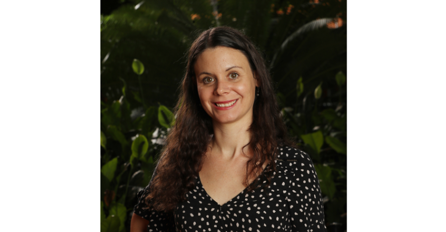
Dr Camille Guillerey
Mater Research Strategic Support (Fellowship Salary Gap). Dr Camille Guillerey is a promising, high performing early career researcher working under the guidance of Professor Kristen Radford in the area of cancer immunotherapies. Her developing research program will provide fundamental insight of the interplay of specialised cells of the immune system and how this can be harnessed to awaken immune responses to cancers including paediatric blood cancers. Dr Guillerey successfully applied for an Australian Research Council DECRA Fellowship. Equity Trustees funding has been allocated to underwrite the associated salary gap.
-
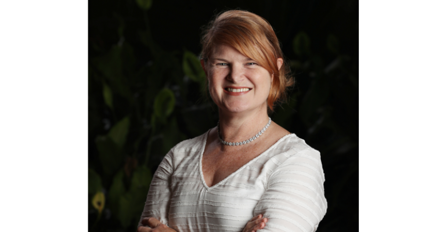
Professor Josephine Forbes
Equity Trustees Chronic Disease Research Fellow. Professor Josephine Forbes is a Program Leader of the Chronic Disease Biology and Care research theme at Mater and a National Health and Medical Research Council (NHMRC) Senior Research Fellow. Josephine leads the Glycation and Diabetes Complications Research Group at Mater Research. Professor Forbes and her team are undertaking studies to understand and identify potential early interventions for diabetes complications in young adults. She is working closely with the Mater Young Adult Health Centre —a unique service specifically designed to provide care for young people with chronic health conditions and mental health issues. Over the last 12 months, Professor Forbes has seen that the rate of kidney disease in patients at the Mater Young Adult Health Centre is higher than expected. She is now performing an audit to determine the how prevalent kidney disease is in this cohort.
-
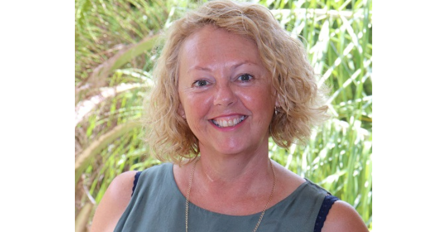
Associate Professor Kym Rae
Equity Trustees Indigenous Health Leader. Associate Professor Kym Rae is the Principal Research Fellow in Indigenous Health at Mater Research Institute, collaborating with the Queensland Family Cohort team. Since joining Mater Research, Kym has established collaborations with Professors Vicki Clifton and Sailesh Kumar who are leading the Queensland Family cohort (QFC)—a landmark research project that will look at the health of 10 000 families across Queensland. She has joined the QFC Research Governance team and is working to improve approaches to recruitment of Aboriginal and Torres Strait Islander families into the study.
-
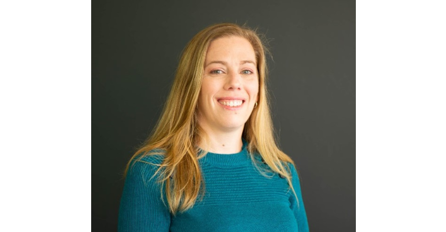
Dr Carlie Cullen
Dr Carlie Cullen leads the newly established Glial Neurobiology, Cognition and Behaviour Research Group under the Neuroscience Program at Mater Research and is an Honorary Senior Research Fellow at the Menzies Institute for Medical Research, University of Tasmania. Dr Cullen’s research vision is to understand the neurobiological mechanisms that drive healthy brain function to inform the development of sustained and effective treatments for neurodevelopmental, neurological, and neuropsychiatric disorders. Her research discoveries are currently being translated through a phase 1 clinical trial of a potential therapy to promote myelin repair in multiple sclerosis, thus reducing the pain and morbidity associated with this chronic disease.
